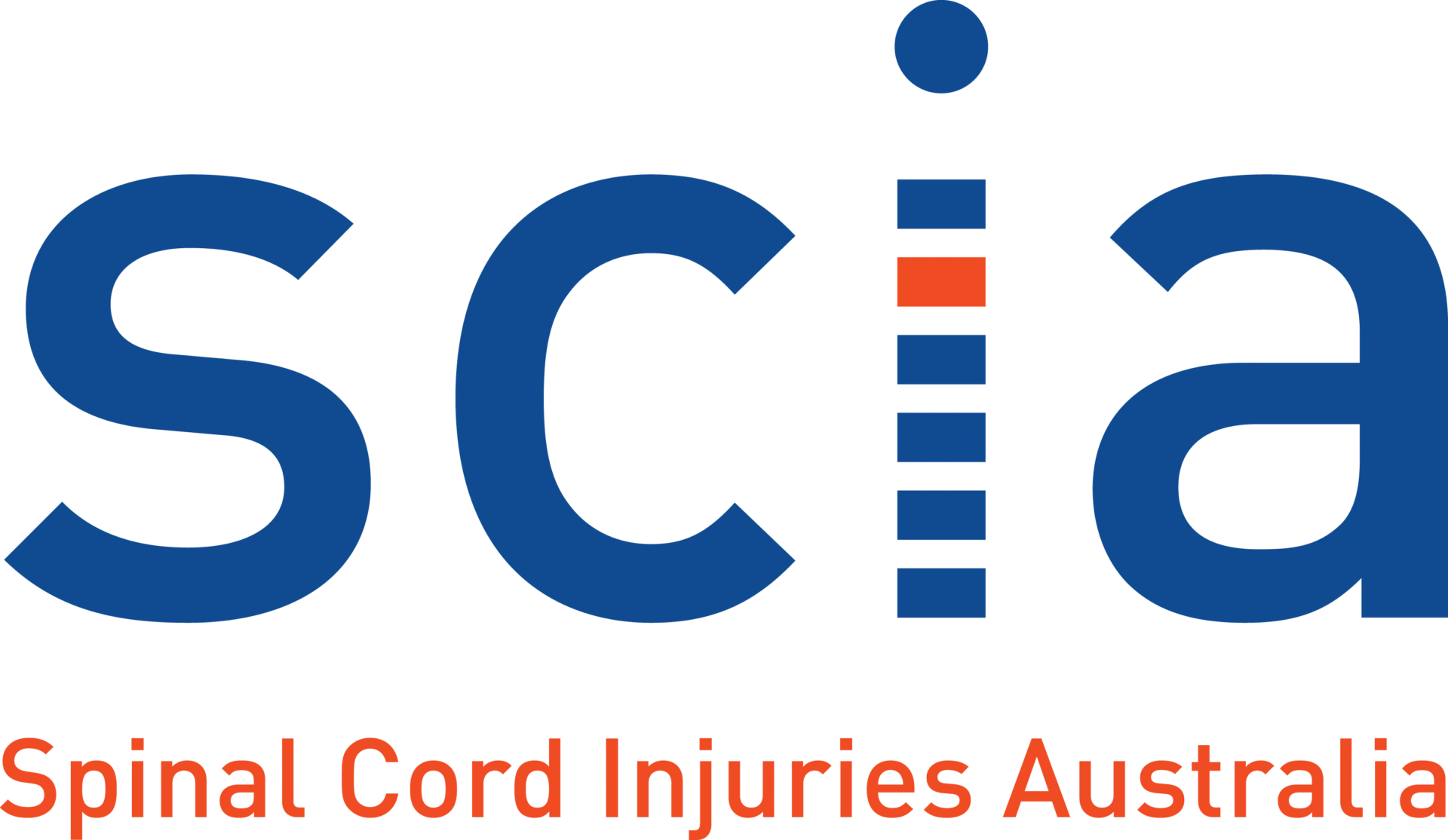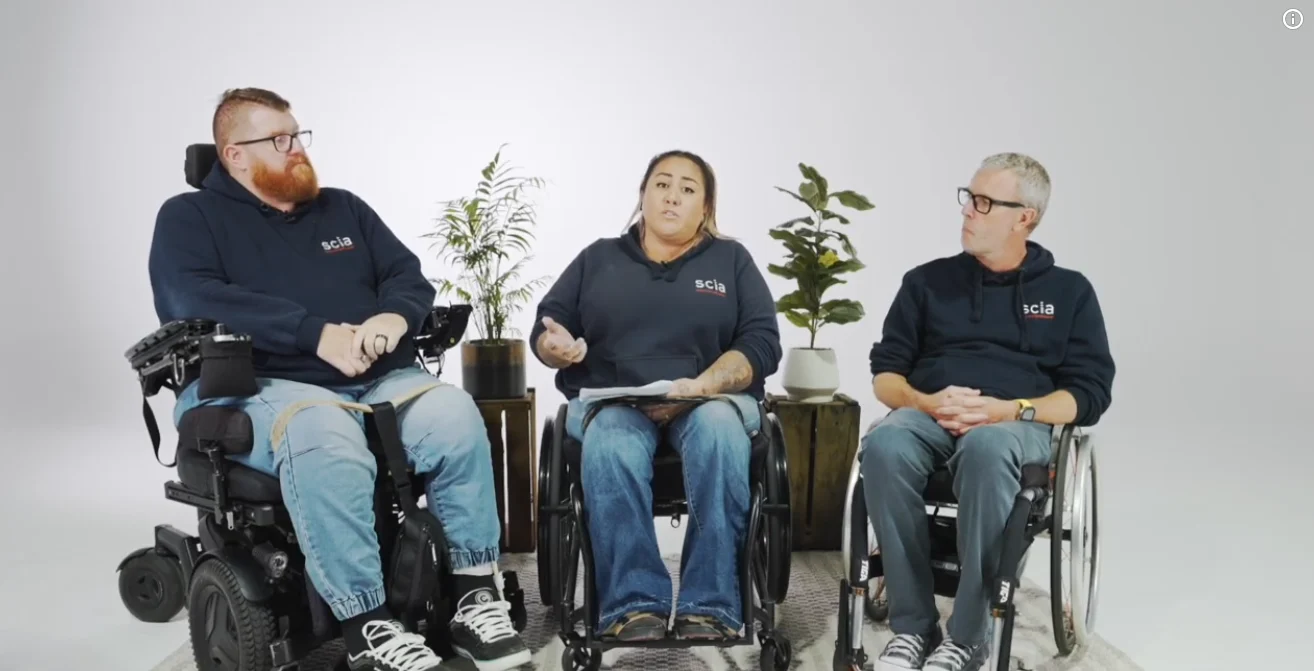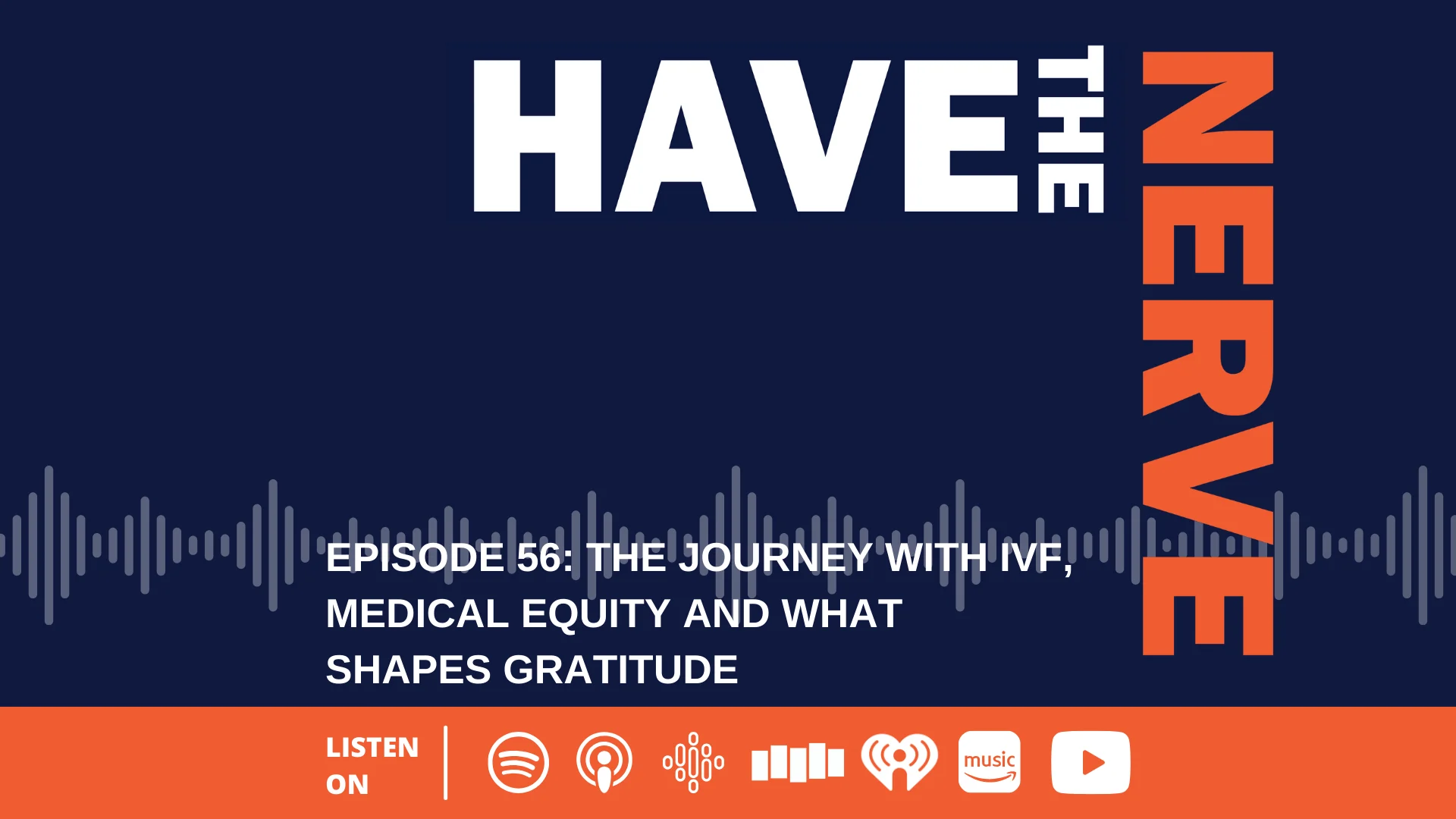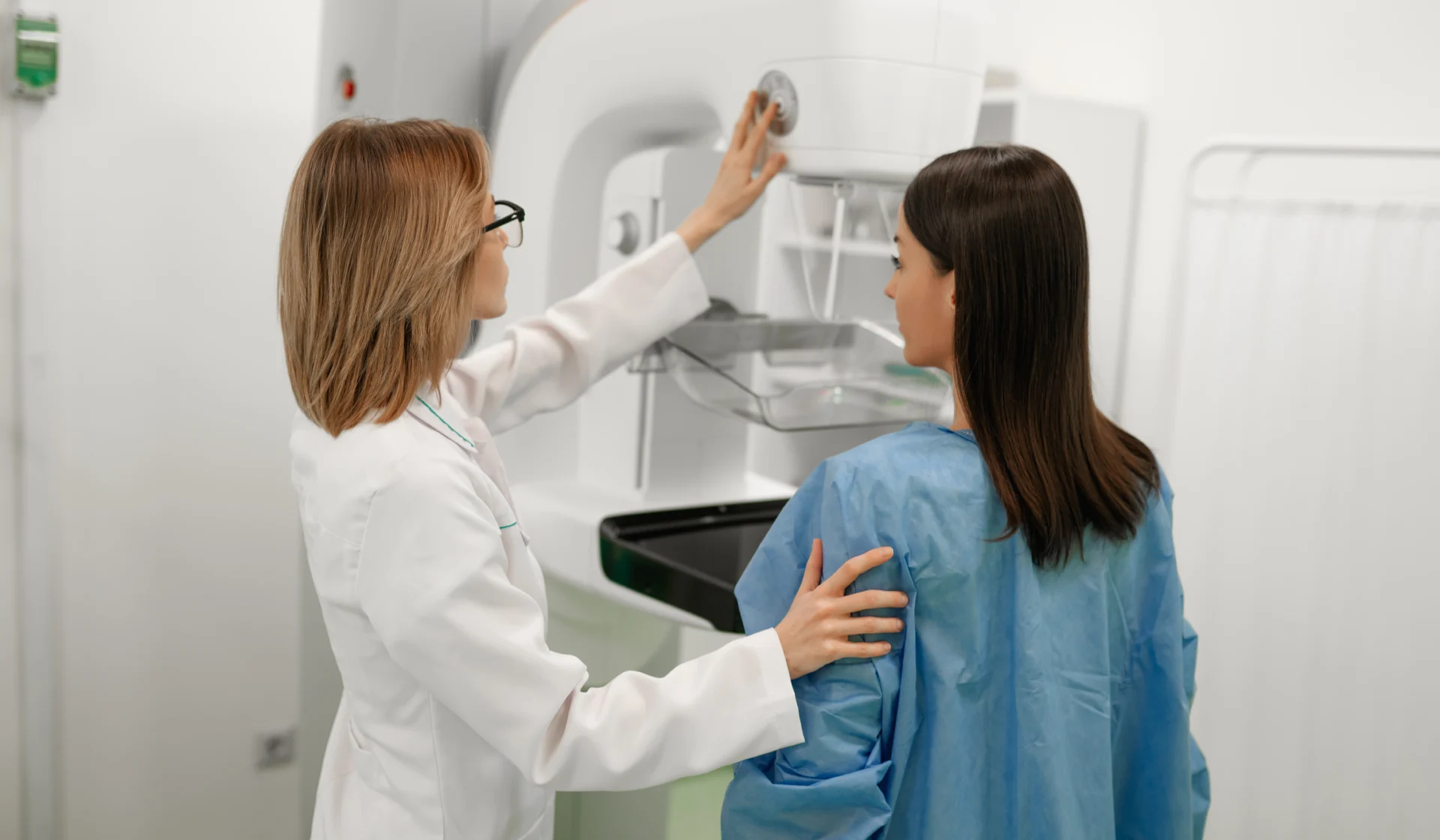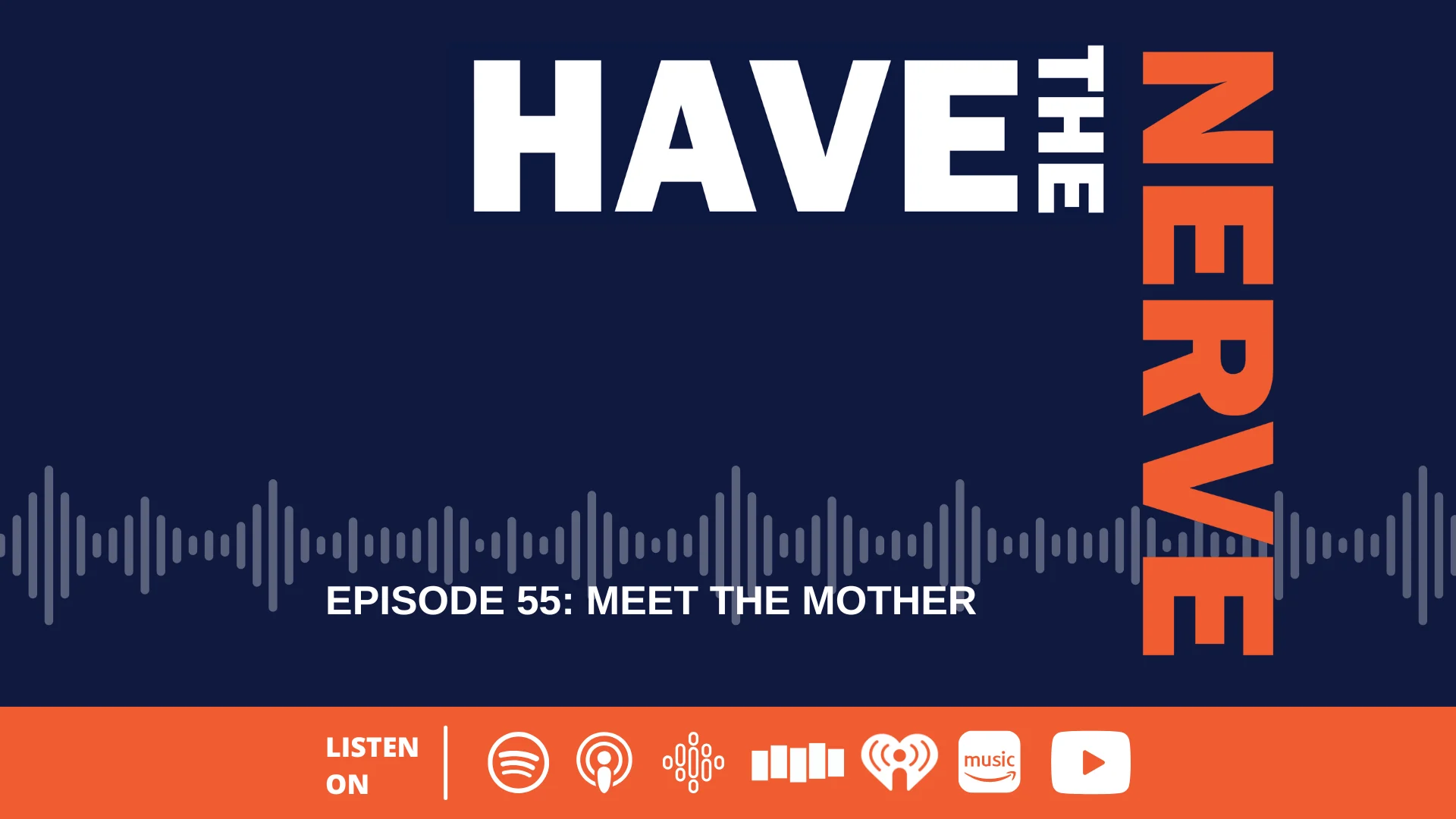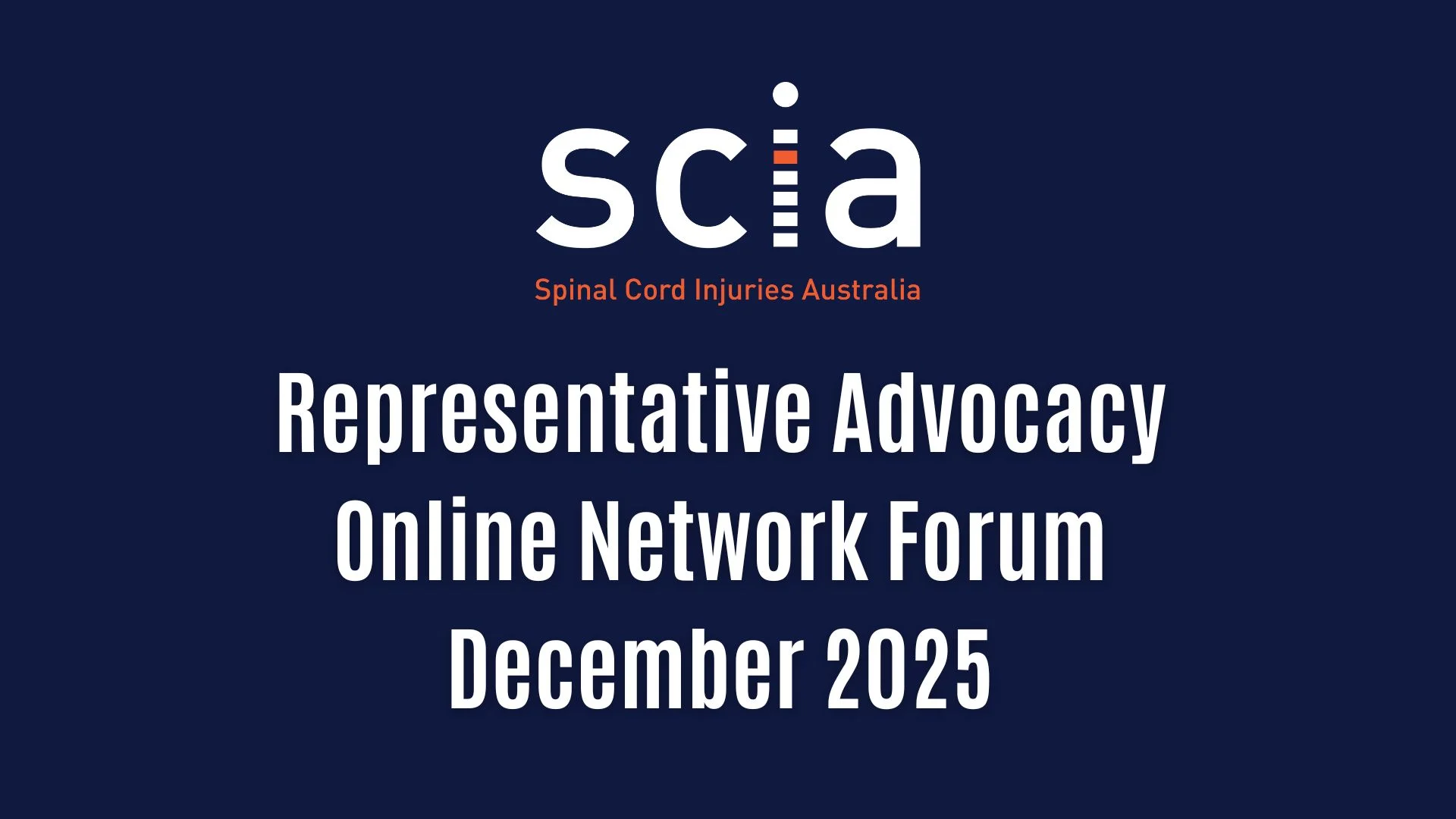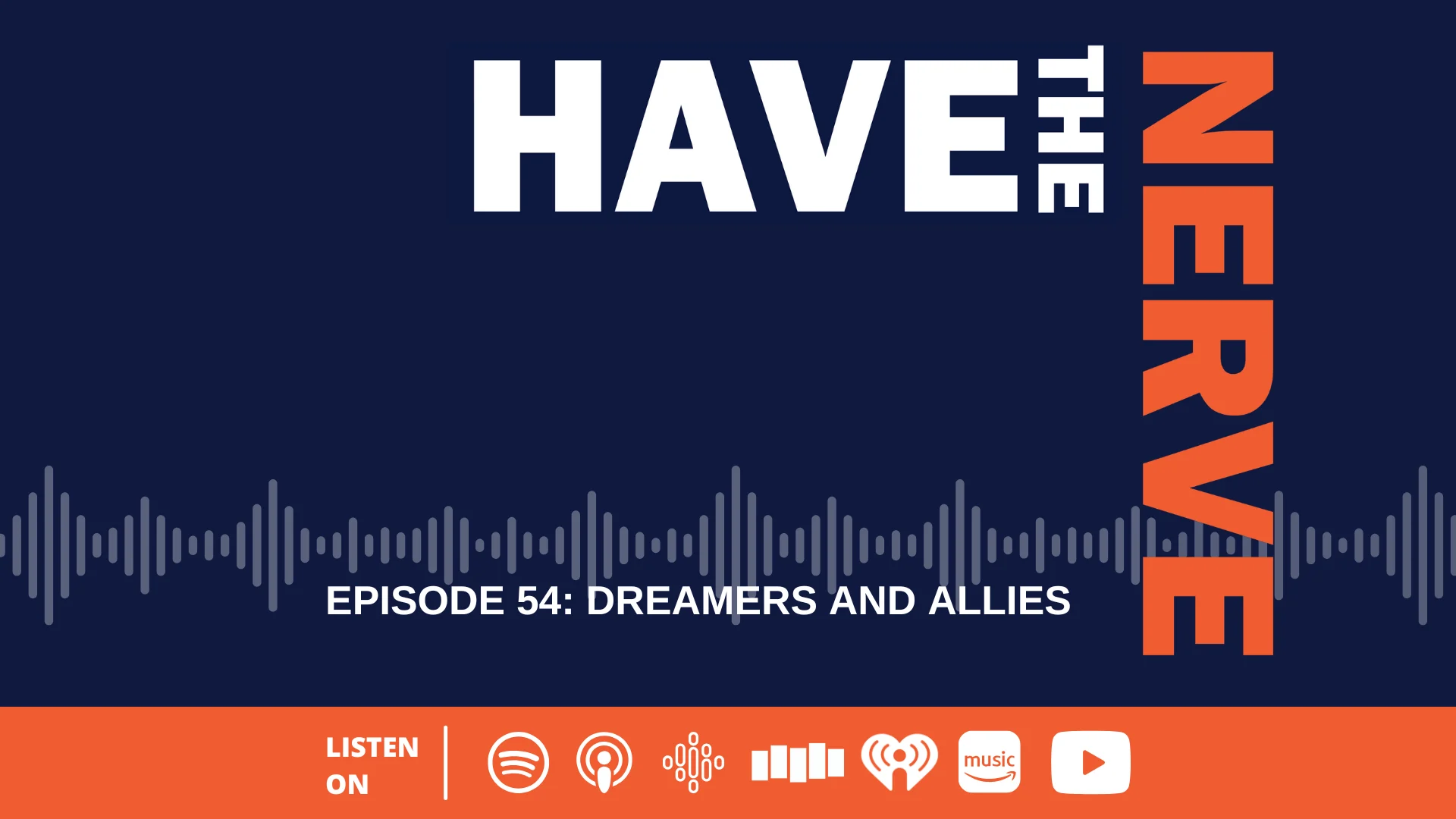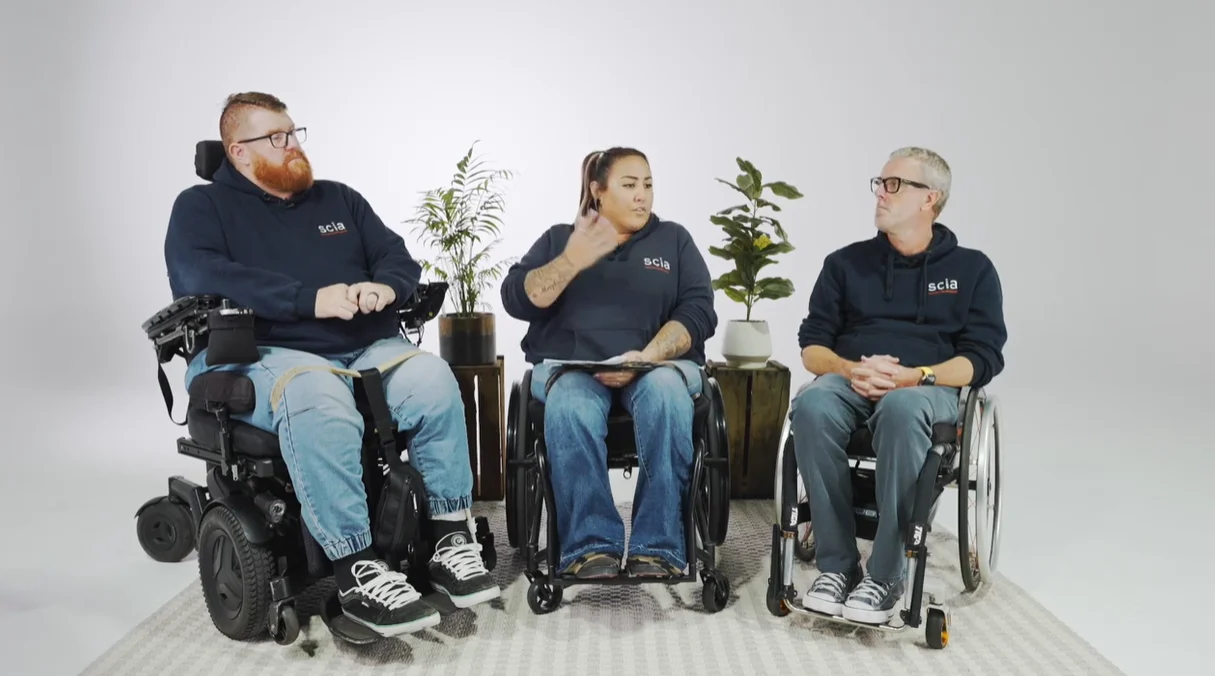The NSW Agency for Clinical Innovation (ACI) has released a new booklet called the ‘Guide for Health Professionals on Psychosocial Care of Adults with Spinal Cord Injury’.
The guide was written by Professor Ashley Craig and Dr Kathryn Nicholson Perry in association with Associate Professor James Middleton, Director, NSW State SCI Services (NSW SSCIS) and the NSW SSCIS Psychosocial Strategy Steering Group.
The booklet has four sections to guide professionals in the psychosocial care of individuals with SCI. It’s also worth reading for everyone interested in the topic. The four sections include:
- Background for the guide
- Understanding the psychosocial aspects of SCI
- Models of care
- Recommendations for the care
The reasons for the guide on the psychosocial care of adults with spinal cord injury
People with spinal cord injuries always face significant challenges in rehabilitation and adjusting to the long-term impairments associated with their injury. Physical rehabilitation has been subject to systematic study and refinement, but psychosocial aspects of rehabilitation relatively had been relatively neglected. However, as a part of the whole rehabilitation, psychosocial care can significantly affect the final result of the restoration. At the same time, clinicians are still unsure about how and when to use interventions to enhance psychosocial outcomes following SCI due mainly to the lack of accessible guidance on implementing interventions for which there is an evidence base.
Understanding the psychosocial aspects of SCI
After sustaining a spinal cord injury, individuals often face mental health challenges. Adults living with SCI have an increased risk of developing psychological conditions such as depression, anxiety, and post-traumatic stress disorder, with the risk being nearly 80%.
A period of psychosocial adjustment is typically necessary to improve and maintain good mental health. Many factors contribute to this adjustment process following SCI, which can be grouped into various areas, including medical/physical, individual/psychosocial, environmental, social, and community factors.

Models of care
To help improve rehabilitation for people with spinal cord injuries, we can use models that explain how people cope with challenges in life.
There are many individual models based on different situations and purposes, such as the stress appraisal model, model of human occupation, transtheoretical readiness to change model, social disability model, peer support, expert patient programme (UK), and The ‘Flinders Model’ of Chronic Condition Self-Management (Australia).
The booklet provides a 4-tier model of psychological support to help healthcare professionals meet the psychological needs of individuals. It includes assessing their psychological status, social support, and spiritual and cultural needs.
Recommendations for the Psychosocial Care of People with SCI
Based on the models and different purposes, the booklet presents some principles and recommendations for the psychosocial care of people with SCI. For example:
- Services for people with SCI should be designed to promote psychosocial adjustment.
- Members of the treating team should be sensitive and open to signs and symptoms of distress.
- Members of the treating team should provide generous emotional and social support.
- Health professionals should use practical communication skills, including using the services of an interpreter when appropriate.
- Psychosocial rehabilitation should commence at the point of admission to the unit.
For a complete understanding of the recommendations, please read the entire booklet.
Additionally, psychosocial care is not just limited to health professionals. Friends and family can also play an important role in supporting individuals with SCI. If you feel that you could benefit from additional support, our Family & Peer Support team can assist you with free, non-clinical guidance, practical advice, and lived experience of physical disability.
